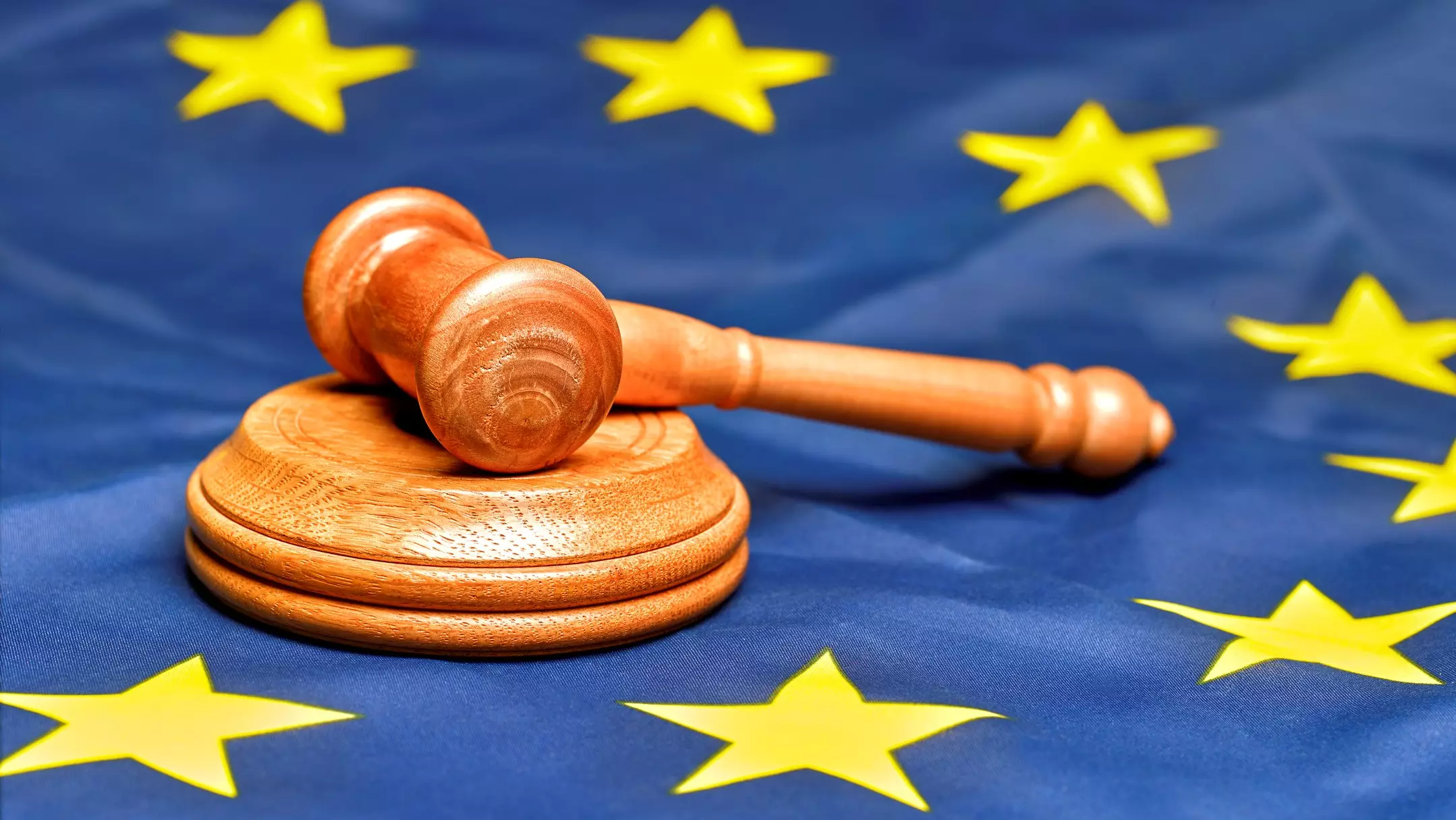The European Commission’s recent decision to fine Apple and Meta a combined total of €700 million marks a pivotal moment in the ongoing regulatory battle between major tech corporations and governing authorities. These landmark fines, totaling €500 million for Apple and €200 million for Meta, signal more than just punitive measures; they represent the stifling of monopolistic tendencies and the reinforcement of consumer rights—an essential recalibration for the digital age.
At the heart of these fines lies the Digital Markets Act (DMA), designed to foster fair competition and protect consumers within the EU. Apple’s infringement concerns its “steering” practices within its App Store, where developers have historically been hamstrung from advertising alternative distribution channels. The European Commission’s assertion that these restrictions obstruct developers from informing consumers about potentially better offers outside the Apple ecosystem reflects a shocking oversight of fair market practices. Instead of nurturing a vibrant marketplace where competition flourishes, Apple’s practices have essentially jailed developers and consumers alike within its walled garden.
Apple’s Anti-Steering Violation: A Call for Consumer Empowerment
Apple’s dominance in app distribution should not come at the cost of consumer choice. The Commission’s findings illustrate the glaring need for accountability—a need amplified by Apple’s refusal to comply with guidelines that promote transparency. Consumers deserve to be informed about all available options, especially when one choice could lead to substantial savings. The idea that developers cannot inform their users of alternative offers is an affront to consumer rights and a monopoly on information that should be concerning to all stakeholders.
Apple’s defenses have faltered under scrutiny. The argument that these restrictions are “objectively necessary” to maintain quality and security is insufficient in the face of growing consumer demand for choice and transparency. This case underscores the reality that major tech companies often prioritize their profits over user experience—a perspective that fuels discontent among consumers who expect fair access to services.
Meta’s Data Practices: A Disservice to User Autonomy
Meanwhile, Meta’s model exemplifies a troubling trend in data privacy. The “consent or pay” structure that users have been subject to is at odds with the basic principles of informed consent and user autonomy. Instead of being given a straightforward choice between services that protect their data privacy and those that utilize data for personalized advertising, users were left navigating an unfair dichotomy that essentially coerced them into either sacrificing their privacy or bearing an additional cost.
Moreover, the Commission’s ruling on Meta clearly indicates that corporate practices, particularly those that exploit user data, must not go unchecked. Meta’s advertising model may have generated significant profits in the past, but the ethics of such practices are increasingly coming under fire. This fine is a loud wake-up call to not just Meta, but to all companies that underestimate the power of consumer expectations regarding personal data.
Fines vs. Financial Might: The Cost of Non-Compliance
While the fines laid down by the EU may seem monumental in isolation, they can appear paltry compared to the vast financial resources of both Apple and Meta, which recently recorded staggering revenues of $124.3 billion and $164.5 billion, respectively. These companies’ ability to absorb such penalties with minimal impact raises questions about the effectiveness of fines as deterrents against malpractices. When you can report billions in revenue while simultaneously operating at a loss in specific divisions, as seen with Meta’s Reality Labs, it becomes abundantly clear that financial penalties may not serve their intended purpose.
Is it time to rethink our approach to corporate fines? Should regulatory measures evolve to include stricter repercussions for recurrent offenders, or perhaps even systemic changes that encourage compliance through sustainable practices rather than mere monetary penalties? These questions linger as the EU continues to shape its digital landscape, reminding us that accountability in the tech industry might just be in its infancy.
The decisions made by the European Commission are more than mere bureaucratic exercises; they invite a broader conversation around corporate responsibility, consumer rights, and the future of digital marketplaces. In an age where technological advancement can outpace regulation, such actions by governing bodies are not just necessary—they’re imperative. Through scrutiny and regulation, Europe is setting a global standard, signaling to the tech giants that monopoly behavior will no longer be tolerated.

